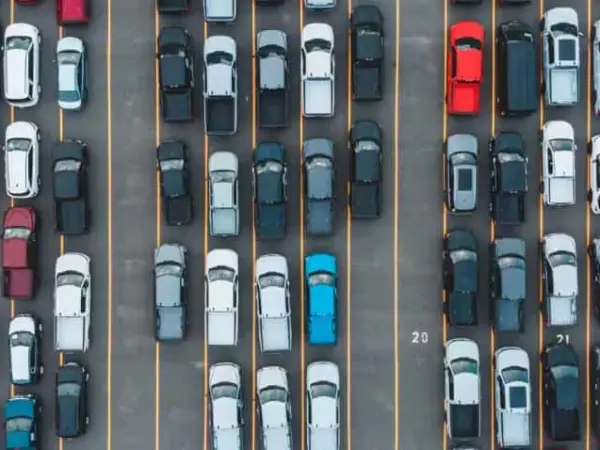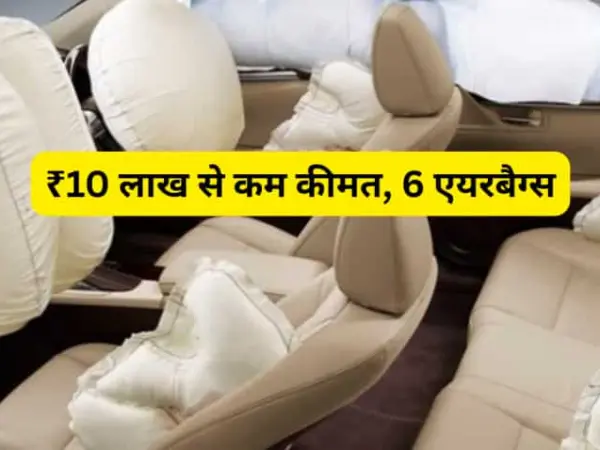New Delhi: The Union government’s proposal to select election commissioners through a panel led by the prime minister has raised concerns about executive control over the poll body. The legislation, The Chief Election Commissioner and Other Election Commissioners (Appointment, Conditions of Service and Term of Office) Bill, 2023, was introduced in the Rajya Sabha just a day before the parliament’s monsoon session concluded. Opponents of the bill argue that it allows the ruling Bharatiya Janata Party (BJP) to control the election body. The Supreme Court had previously ruled that election commissioners should be appointed by the president based on advice from a committee comprising the prime minister, the leader of opposition in the Lok Sabha, and the chief justice of India. The new bill repeals the Election Commission (Conditions of Service of Election Commissioners and Transaction of Business) Act, 1991. It maintains the same composition of the election commission but adds that the chief election commissioner (CEC) and other election commissioners (ECs) will be appointed by the president on the recommendation of a selection committee. The committee will consist of the prime minister as chairperson, the leader of opposition in the Lok Sabha as a member, and a Union cabinet minister nominated by the prime minister as a member. The bill also provides that the CEC and other ECs will not be eligible for reappointment. Critics argue that the downgrading of election commissioners’ status from that of Supreme Court judges to that of cabinet secretaries gives the government too much control over the poll body. Former election commissioners and judges have pointed out that the Supreme Court order was always meant to be replaced by a parliamentary law. They believe that the inclusion of the leader of opposition in the selection committee is an improvement. However, some suggest that the committee could include the speaker of the Lok Sabha, a retired chief justice of India, or an eminent jurist instead of a cabinet minister. Critics also argue that the presence of the chief justice of India on the selection panel does not guarantee independence, citing the example of the appointment of the director of the Central Bureau of Investigation (CBI). The former election commissioner also highlighted the case of Ashok Lavasa, who was the only member of the election commission to rule that Prime Minister Narendra Modi had violated the model code of conduct during the 2019 general election campaign. Lavasa’s demand for dissent notes to be recorded in the commission’s orders on model code violations was rejected, and he faced scrutiny from investigative agencies. Lavasa eventually quit the Election Commission and joined the Asian Development Bank. In conclusion, the independence of the election commission is contingent on the political climate.
Follow DelhiBreakings on Google News
Superfast News Coverage by DelhiBreakings.com team.
For Superfast national news and Delhi Breaking Stories visit us daily at https://delhibreakings.com





